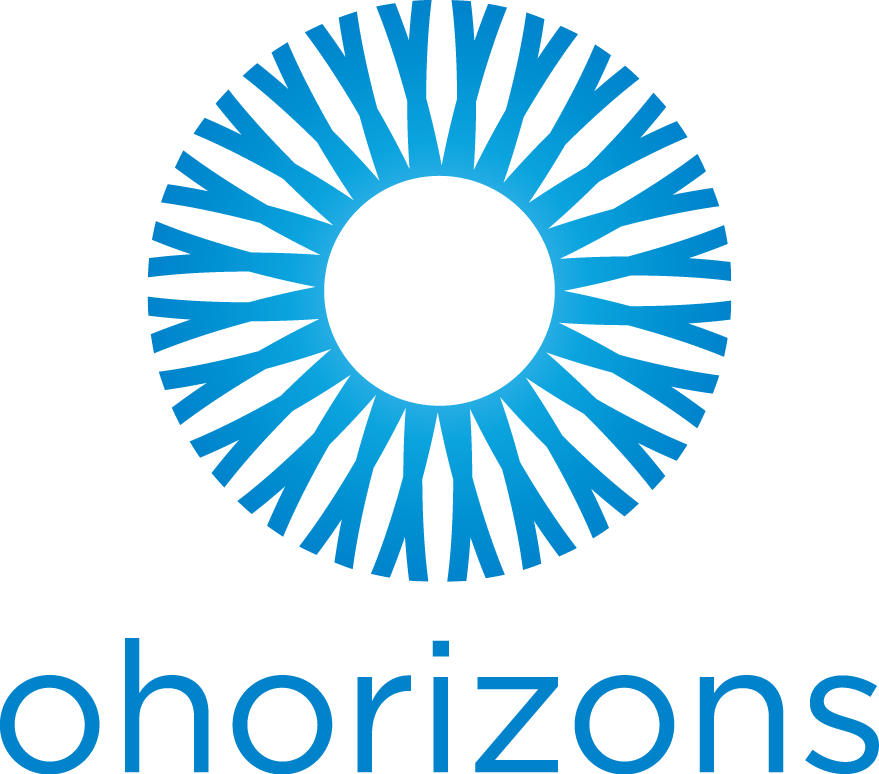World Water Week
World Water Week (August 27th – September 1st) is here again. For the next week, experts from the Water, Sanitation, and Hygiene (WASH) world are coming together in Stockholm, Sweden to exchange views, experiences, and practices regarding water-related challenges in order to positively impact the world’s poverty reduction, environment, economic, and health agendas.
Here are some highlights on key sessions we'll be paying attention to:
The State of the Evidence Base for WASH Microfinance
Host:Water.org
Topics: The current approach to WASH microfinance
Our Interest: We’re a lean and dynamic organization open to pivoting in whatever direction is necessary to make our projects scaleable and sustainable, including exploring the use of microfinance to seed local social entrepreneurs who want to bring our BioSand Filters to their communities.
From Data to Decision: Monitoring Water Quality at Scale
Host: World Health Organization, UNICEF, The Dutch Ministry of Infrastructure and Environment, and Akvo
Topics: These organizations will share their joint experiences of monitoring water quality and discuss the opportunities of new technologies and innovations in the field of data collection, water quality testing, and real-time monitoring of the SDGs.
Our Interest: By now we’re guessing you know a fair amount about the United Nation’s Sustainable Development Goals for 2030. (If not, don’t worry, you can get up to speed with the basics here.) In order to meet these lofty “Global Goals,” it’s pretty clear that rapid, innovative, and systematic approaches to data collection as well as overarching monitoring structures are required.
SDG6: Searching for Universal Sustainability Metrics for Rural Water Services
Host: IRC (International Water and Sanitation Centre) and Rural Water Supply Network (RWSN)
Topics: Evolving concepts on metrics of performance and sustainability of rural water services and discussion on which core indicators of sustainability should be used across different country settings.
Our Interest: It’s estimated that approximately 40 percent of water systems in developing countries become inoperable after five years. That’s not only a waste of money, time, and resources, but it means there are a lot of people who should have safe drinking water but don’t.
Why such a high failure rate? Most projects, especially in rural areas of developing countries, are done with little to no input from the local community, which means the people actually using the water systems know little to nothing about the technology, how it actually works, and most importantly how it can be maintained and fixed when it breaks. It’s a major flaw, which OHorizons is mitigating through our locally run BioSand Filter Projects.
Scale with Equity: Innovations and Early Learnings in Collective Behavioral Change Programs for Sanitation and Hygiene Projects
Host: Water Supply & Sanitation Collaborative Council (WSSCC)
Topics: Innovations in collective behavioral change programs for sanitation and hygiene projects and how to achieve them through practical means as direct implementers.
Our Interest: We're always interested in learning about cutting-edge ways to create user buy-in through practical means.

